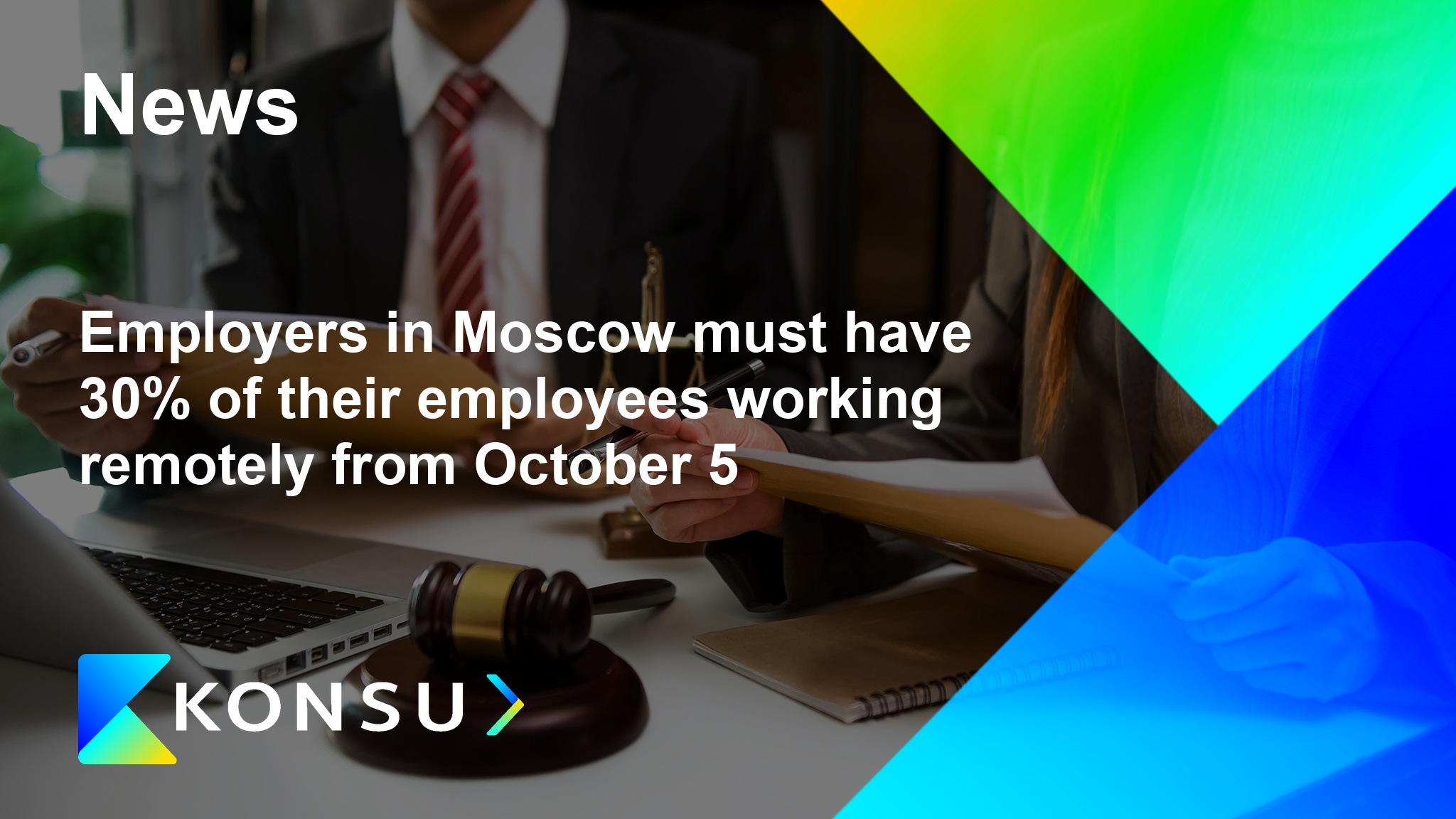How many foreign employees can a company hire in Russia?
Government of the Russian Federation determines the permissible share of foreign employees annually (clause 5 of Article 18.1 of Federal Law No. 115-FZ of July 25, 2002 "On the Legal Status of Foreign Citizens in the Russian Federation") to regulate the attraction of foreign labor in certain types of economic activities, taking into account regional specifics of the labor market and employment of Russian citizens as a priority. In 2023, the permissible share of foreign employees engaged in certain types of activities in the territory of the Russian Federation will be the following number in the spheres (Resolution of the Government of the Russian Federation No. 1751 dated October 03, 2022):
- Vegetable growing - 50% of the total number of employees used by economic entities (this norm does not apply to the territory of the Udmurt Republic - 0%, Primorsky Krai - 40%, Astrakhan Oblast and Volgograd Oblast);
- Forestry and logging - 50% of the total number of employees used by economic entities (this norm does not apply to the territory of Primorsky Krai - 20%);
- Wood processing and production of wood and cork products, except furniture, straw products and weaving materials - 50% of the total number of employees used by economic entities;
- Construction - 80% of the total number of employees (this norm does not apply to the Republic of Buryatia, the Amur Region, the Republic of Dagestan - 50%, the Krasnodar Territory - 50% and the city of Moscow);
- Wholesale trade in wood raw materials and unprocessed timber - 50% of the total number of employees used by economic entities;
- Wholesale trade in lumber - 50% of the total number of employees used by business entities;
- Retail trade in alcoholic beverages and tobacco products in specialized stores - 15% of the total number of employees;
- Retail trade in medicines in specialized stores (pharmacies) - 0% of the total number of employees used by economic entities;
- Retail trade in non-stationary trade facilities and markets, as well as other retail trade outside stores, tents and markets - 0% of the total number of employees used by economic entities;
- Activity of other land passenger transportation - 24% of the total number of employees (this norm does not apply to the territory of Krasnodar Krai - 0% and Primorsky Krai - 15%, to business entities operating in the territory of the Udmurt Republic according to OKVED 49.31, 49.32 - 0%);
- Cargo transportation activities - 24% (this norm does not apply to the territory of Krasnodar Krai - 0% and Primorsky Krai - 10%);
- Real estate management for remuneration or on a contractual basis, as well as building and territory maintenance activities - 70% of the total number of employees;
- Other activities in the field of sports - 25% of the total number of employees.
Separately for the Ryazan region is set the permissible share for activities in the sphere of manufacturing production - 90%. In accordance with these maximum permissible shares employers must streamline their staff until 01.01.2023.
Brief overview of mandatory COVID-19 vaccination for workers in Moscow
Based on the clarifications provided by Moscow Operation Headquarters and Rozpotrebnadzor, we provide an overview of compulsory immunization of workers in a number of industries (Moscow Chief Public Health Officer Order N 1 dated June 15, 2021 (as amended on June 23, 2021) for Preventive Vaccinations of Certain Groups of Individuals Based on Epidemic Evidence), an overview of how to calculate the percentage of vaccinated employees, whether it is possible to remove unvaccinated employees from work, and whether it is necessary to submit certificates of medical exemption.Read more
Provisions on remote work added in the Russian Labor Code
On December 8, the President signed Federal Law No. 407-FZ which amends the Russian Labor Code. These amendments will become effective on January 1, 2021. We have described them in this article as well as how employers should prepare for these changes.
Foreign employee quotas for 2021
Russian Government Decree N 1823 dated November 12, 2020 has specified the number of types of activities for which a foreign employee quota has been set for 2021.
Read more
Employers in Moscow must have 30% of their employees working remotely from October 5
12.06.2021 Restrictions are reintroduced in Moscow until June 20 (Mayor Decree): Read more
From March 26 people over the age of 65 or with a chronic illness residing in Moscow and the Moscow region are to stay at home
The Moscow Mayor and Moscow Region Governor have signed orders stating that from March 26, 2020 to April 14, 2020 people residing in Moscow and the Moscow region:
- Over the age of 65
- With a chronic illness (diabetes, asthma, chronic kidney disease, cancer) as well as those who have suffered a heart attack or stroke (you can find the complete list of diseases here)
must stay at home.
How employers should act amidst the spread of coronavirus
In order to avoid the spread of coronavirus, state authorities have introduced new rules in various regions and cities and have also made recommendations to employers.
Read more
Employer liability for delayed payment of wages in Russia
Answers to frequently asked questions about delayed payment of wages.
Read more
Changes in the rules for registration of foreign nationals
Brief description of changes and recommendations
Essentially, the following changes have been introduced:
- Previously, companies could register their foreign employees at their own registered address. From July 08, 2018 onwards foreign employees will need to be registered at their address of residence.
- Since many landlords will be unwilling to register their foreign tenants, we recommend issuing a power of attorney for the person who will register foreign employees on behalf of their landlord.









